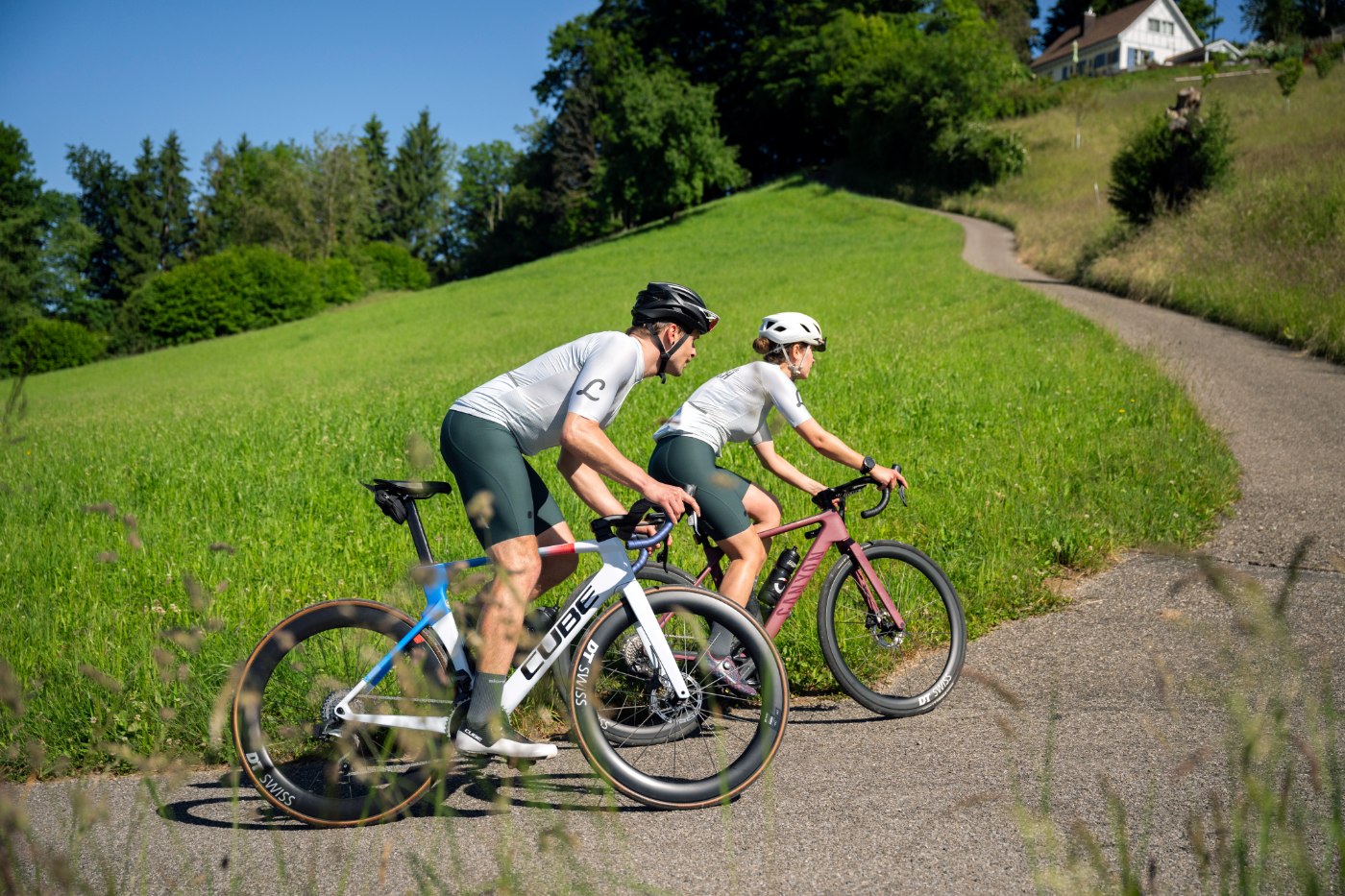Fairness in GPS sports (1/5)

GPS-based tracking has opened up new possibilities for running, cycling and outdoor events in recent years. Athletes can now take part in competitions anytime and anywhere. But with this digital flexibility comes a new challenge: how can fairness be maintained when the results are based on GPS data?
LaceUp focuses on fairness and quality. Whether it's a virtual bike race, a running series in the mountains or a company competition - every participant should be able to trust that their own performance will appear correctly on the ranking list. This trust is crucial - for athletes and organizers alike.
That is why we are working intensively on the topic of digital doping.
What does "digital doping" mean?
By "digital doping" we mean any deliberate manipulation or unfair use of technology to falsify results in digital or GPS-based competitions. Just as traditional doping undermines fairness in sport, digital manipulation - such as altering GPS tracks, merging multiple activities or automated data adjustments - also jeopardizes the credibility of virtual events.
But the problem is not just about fraud: Inadequate GPS quality can also lead to false results. If a watch loses the signal during a run, the speed or distance often appear distorted - also unfair to other participants.
A scientific solution
As there were previously no transparent and effective tools to identify these problems, we have launched a research project together with ETH Zurich. The aim is to develop an algorithm that can automatically assess the originality and quality of GPS tracks.
The project team combines practical experience and scientific excellence:
- From LaceUp: Nico Schefer, Sebastian de Castelberg and Tobias W. contribute know-how from hundreds of events and millions of GPS recordings.
- From ETH Zurich: Benedikt Soja and Matthias Aichinger-Rosenberger are leading the research work, supported by students Kevin Kosch and Nikolaus Rath.
Together, they are developing a system that recognizes manipulated or unreliable GPS recordings with a high degree of certainty - without falsely marking correct activities.
How the algorithm works
A large data set of real, unaltered GPS tracks is used for development. Some of this data is deliberately manipulated - for example by shortening routes, inserting breaks or changing speeds.
The algorithm is trained to recognize such anomalies between the unchanged tracks. Among other things, it evaluates:
- Stability and consistency of the signal
- sudden, unrealistic changes in speed
- GPS accuracy and recording intervals
- Geometric shape and changes in direction
- Temporal continuity and metadata
The challenge lies in the balance: the system should reliably detect manipulation, but not penalize genuine activities with minor GPS errors.
Transparent quality indicators
In contrast to many AI models that work as a "black box", our approach is based on transparency. The LaceUp ETH system not only provides a yes-or-no result, but also comprehensible quality indicators that show why a track is classified as trustworthy (or not trustworthy).
These indicators help organizers and participants alike to understand what makes a reliable GPS track - promoting awareness, fairness and better data quality.
Trust is important!
By combining scientific precision and practical sporting experience, the project sets new standards for fairness in digital sport. The result is a system that automatically recognizes manipulated and inaccurate tracks - and thus ensures that rankings, badges and results reflect the actual performance.
As GPS-based events continue to grow - from local challenges to large-scale competitions - trust in digital timekeeping is key. Each and every participant should know: Their own performance counts and everyone plays by the same rules.
What happens next
The research project will run until June 2025 and we will be providing further insights in the coming months, including
- which criteria are decisive for the evaluation of GPS quality (without a "cheat sheet" 😉)
- how the algorithm is tested for different sports and devices
- and what these innovations mean for the future of virtual competitions
Credits
Kevin KoschNikolaus RathBenedikt Soja, Matthias Aichinger-Rosenberger, Nico Schefer, Sebastian de Castelberg, Tobias W.







